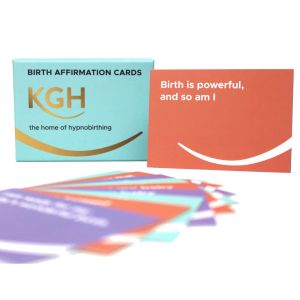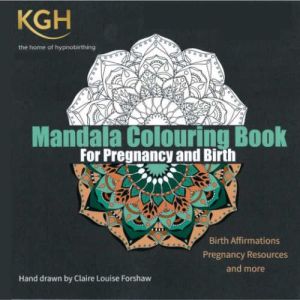
To have a doula to care for you at birth has become more usual over the last few years.
So what is a doula, and what does she do?
Doula is the Greek word for female slave, and it has been adopted to describe someone who supports a woman giving birth. She is not medically qualified, but a doula has done a full training and is knowledgeable about birth. She knows about the birth process and how to create an environment and state of mind to facilitate it. She knows how to make a woman feel comfortable and to help her and her partner feel confident . When a woman feels comfortable and confident, birth often proceeds more easily and is more likely to be a gentle and positive experience.
A doula will have more knowledge than the couple she serves of any procedure that is being proposed and of the possible outcomes. She will also know about any alternatives that a busy midwife or obstetrician might not have the time to explain fully, and she can help a couple ask the right questions that will help them make the right decisions for them. These decisions are important and can have implications for the health of mother and baby for many years to come.
She may have a knowledge of essential oils to calm the birthing room and flower remedies to help the mother release any fears she may have and relax. She may be trained in massage for birth, or other therapies.
Continuity of Care
Vitally a doula provides continuity of care for a woman giving birth. Without exception everyone agrees that continuity of care in pregnancy, labour and birth is the gold standard of care, but in general medical services are unable to provide this. There are a few exceptions, and pockets of excellence that are a shining example of what can be achieved, but in general when a woman goes into labour she meets a stranger.
Usually a doula will meet the mother two or three times before the birth and get to know her. They will discuss how she would like her birth to be, and her preferences in terms of care. The doula can explain to her things she may have heard but not understood, or not understood the full implications. A doula is on call whenever or wherever a woman goes into labour and will be with her throughout labour and birth. She will be able to suggest the most comfortable positions, and gently massage her back or stroke her arm or her abdomen. She will make sure the woman has a sip of water from time to time so she doesn’t get dehydrated, and offer her a snack to keep her energy up. Most importantly, she is simply there for her – all the time. A comforting a knowledgeable presence that helps put a mother’s mind at rest, allows her to relax, and the birth to proceed smoothly.
Support for the Father
But what about the father? It is enormously comforting for him to know there is someone else there who has more knowledge than him and who will boost his confidence as well as that of his partner. She can suggest little things he can do that would be helpful, and even allow him a rest if the birth takes place at night.
In a way you could regard the function of a doula as the role a midwife used to perform. These days, a midwife is a highly qualified medical professional whose area of expertise is normality. A century or so ago the midwife would have been a woman in the village with more experience of birth, maybe a knowledge of herbs to aid relaxation, and someone that everyone trusted, with a soothing and calming presence. In a busy modern hospital, a midwife simply does not have the time to just ‘be there’ for a labouring woman, much as she would love to. She has notes to write, checks to do, maybe she is caring for two women and has to allocate her time between them both. In recent years, the birth rate has gone up, but the number of midwives has remained the same. At the same time bureaucracy has gone through the roof, and midwives spend far more time writing notes and checking that the protocols have been adhered to. She would love to perform the traditional role of a midwife as well, but she simply doesn’t have the time.
A doula fills this gap. As midwives become busier and more medicalised, doulas become more popular. Many women find it extremely comforting to have a doula supporting her when she gives birth, and it is certainly something to be seriously considered.
Many doulas have also trained in hypnobirthing to better support a mother, and you will be given a list of KG Hypnobirthing teachers who are also qualified doulas when you do your KG Hypnobirthing Course to prepared you for the birth of your baby.









